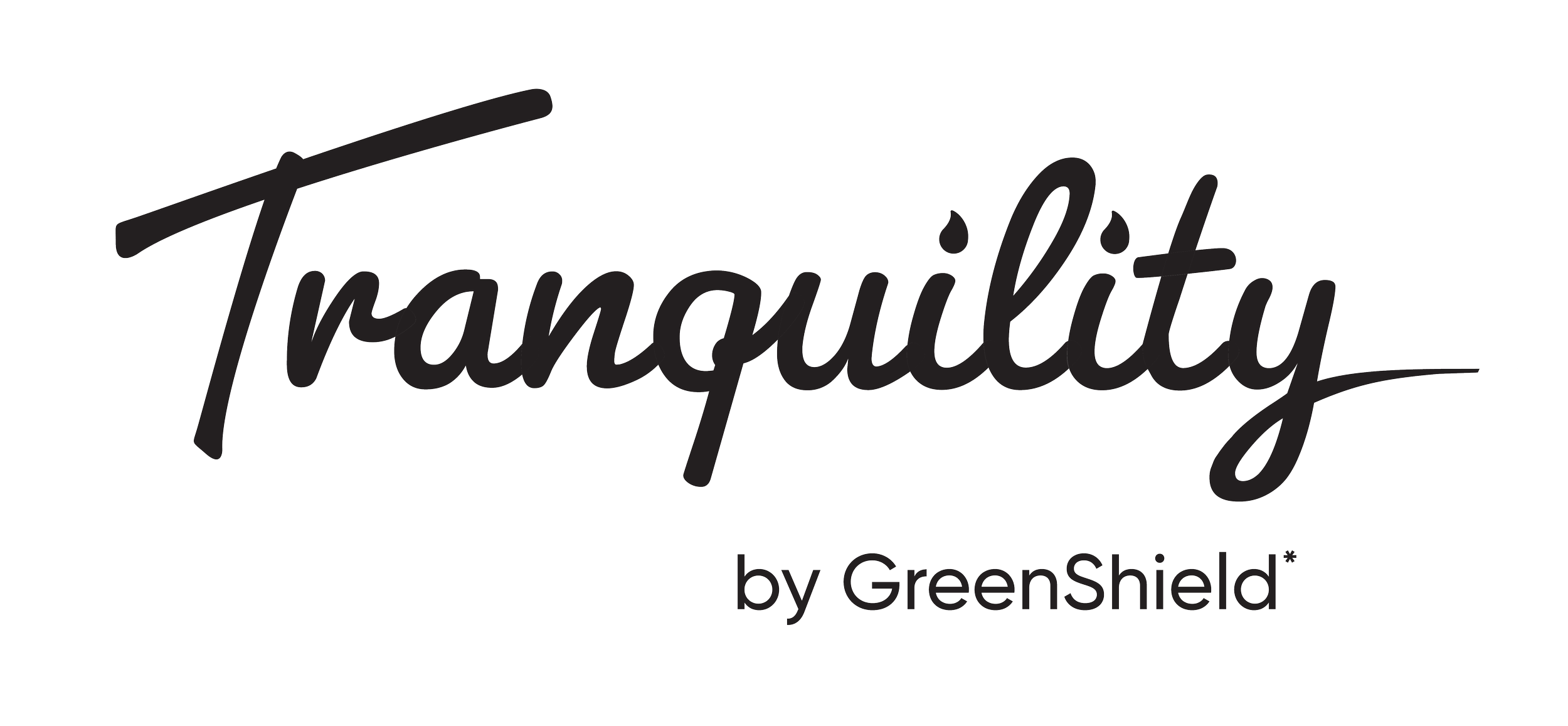Anxiety: The Startup Community's Dirty Little Secret
According to statistics, one in five Canadians experience some form of mental illness during their lifetime.
But when it comes to entrepreneurs, the numbers are vastly different.
According to Halifax-based The Mindset Project’s survey:
68.4% of entrepreneurs reported having experienced at least one period of anxiety, stress or depression lasting more than two weeks that affected their work, social lives, and relationships.
It’s no wonder. Today’s founders have a lot on their plate.
The startup world has come to expect them to come up with a brilliant idea, convince others to help them build it, and work 80 hours a week, with little priority on self care.
Being a founder also come with a lot of responsibility.
They are responsible for keeping clients and investors happy, compensating their employees, and because founders are the last to get paid, it’s often difficult for them to provide for themselves and their own families.
But here’s the kicker…
We also expect founders to continuously tell the world how great everything is going. A lot of founders are afraid to share they are overworked, overstressed and on the verge of burnout for fear that it will affect employee morale or spook investors.
When it comes to being a startup founder, you ALWAYS have to be “crushing it”.
It’s time to be honest – the physical and mental stress associated with being a founder is often overwhelming and getting help to better cope with that stress shouldn’t be stigmatized.
Does going to the gym mean that you’re weak?
Why do people see getting help for mental health as a sign of weakness?
Whether it’s therapy, coaching, meditation or simply learning more effective coping strategies, taking the time to work on strengthening your mental health can be highly beneficial.
Learning to better cope with stress can lead to sharper thinking, higher productivity and creativity, and can even help you become less prone to colds and flus.
Don’t wait until it’s out of control…
A problem we observe at Tranquility Online is people often wait until their anxiety has become unbearable before reaching out for help. The unfortunate reality is, even shorter term therapies like Cognitive Behavioural Therapy (CBT) don’t “cure” anxiety overnight.
It’s like the gym… no one is going to look like The Rock after one workout session. And, you need to train before getting into a fight, not while you’re in the middle of it.
Additionally, prolonged stress and anxiety can eventually lead to burnout.
I can attest to the above statement. I burned out from my first career – I was working as a stock analyst and unfortunately I didn’t recognize the signs until it was too late.
To read my full story, visit Tranquility Online’s first blog post: “The Story of My Life” – by the CEO of Tranquility Online.
Going through that experience inspired me to found Tranquility Online, which makes getting help for anxiety easier.
If you’re wondering if you have anxiety, Tranquility Online has built a tool that will provide you with a quick assessment – take the quiz here.
– Joel Muise, CEO & Founder of Tranquility Online


